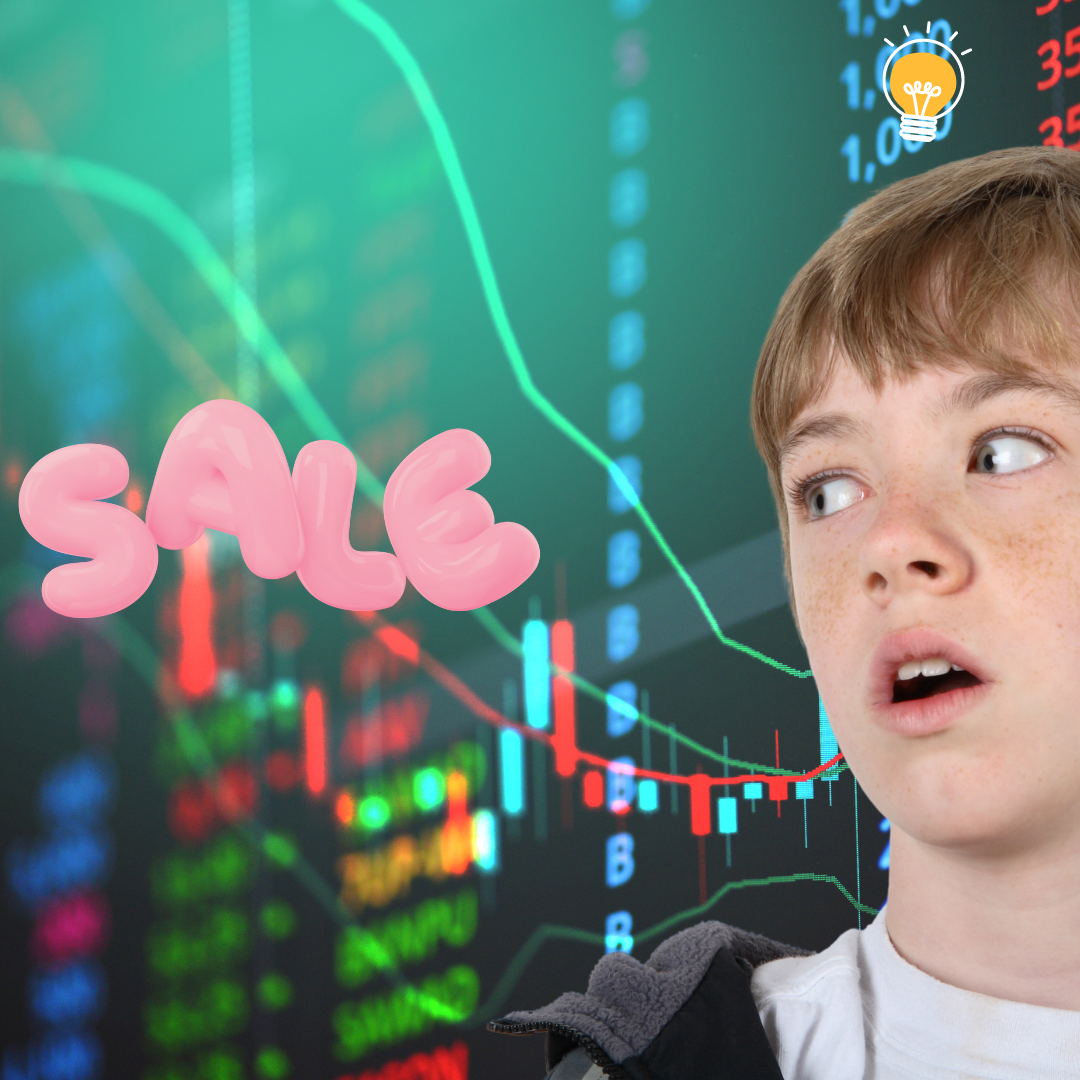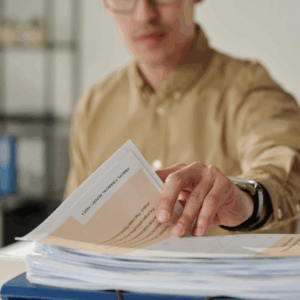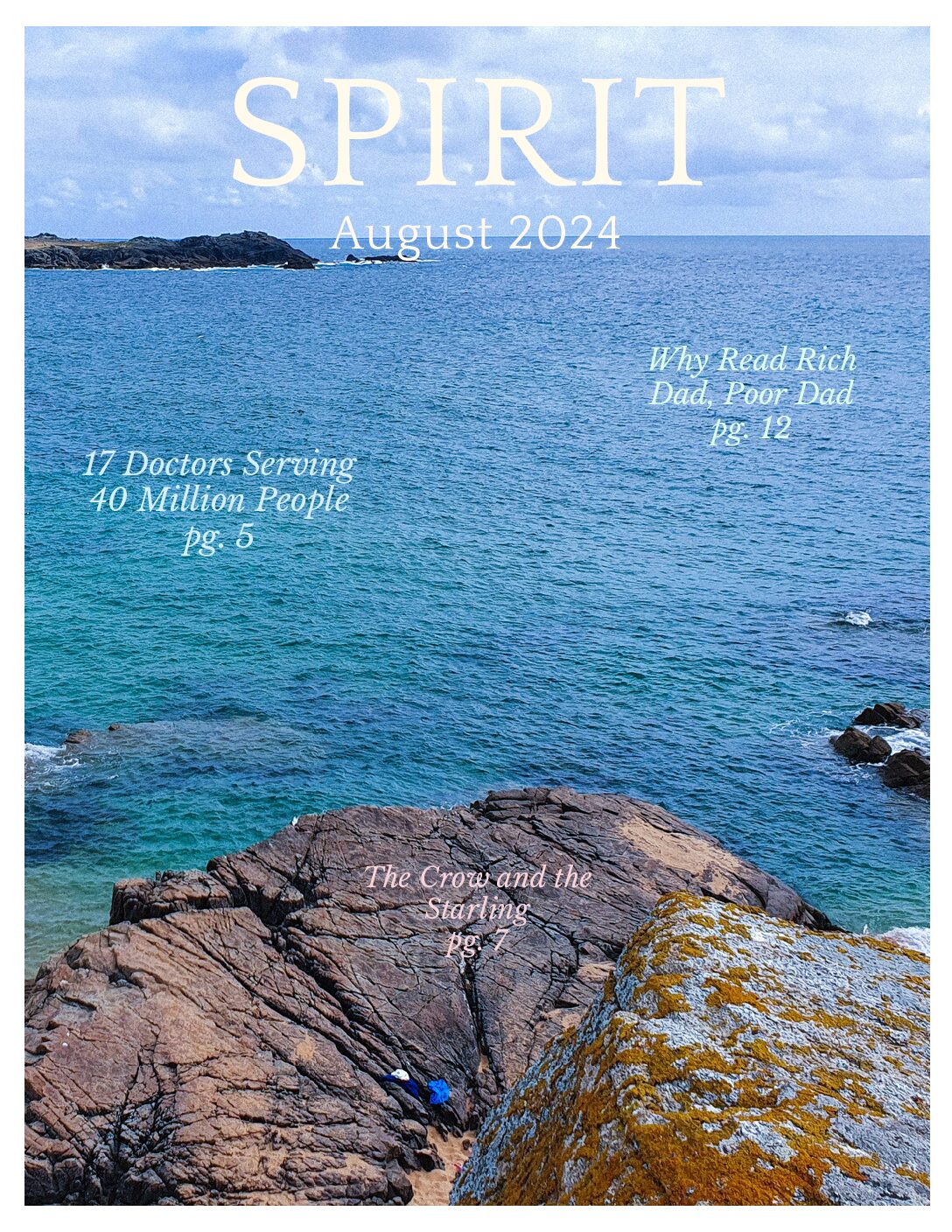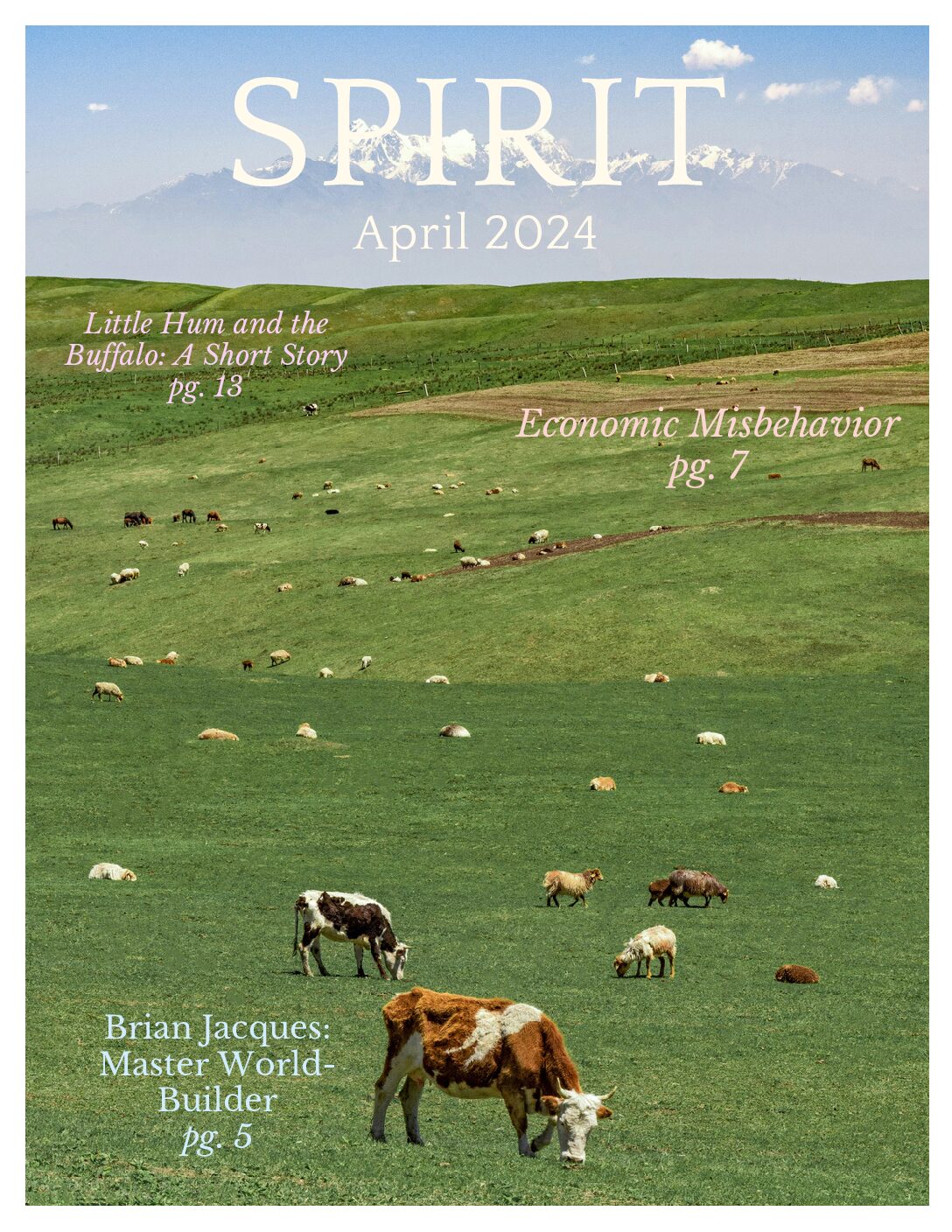Breaking the Mold: Humans and Homo Economicus in Richard Thaler’s Misbehaving


Breaking the Mold: Humans and Homo Economicus in Richard Thaler’s Misbehaving
An essay by Navin
Economics. “The most powerful of the social sciences in an intellectual sense”, the foundation for the financial status, business operations, and monetary transactions of individuals and behemoth organizations alike. Economic models are built on the notion that people make predictable decisions; but inherent in this system is a flaw that weakens the ability of economists to accurately represent the real world. What kind of person makes efficient, prudent decisions in every situation, without fail and without accounting for emotional drawstrings? Perhaps Spock, the human-Vulcan whose decisions are based entirely on reason- but humans make mistakes, illogical decisions, and irrational choices in day-to-day life.
This is the premise for Richard Thaler’s fascinating book, Misbehaving. Thaler propounds the idea that traditional economics uses a model populated by “a fictional creature called homo economicus”, or Econ for short: a passionless, incorrigible optimizer.

|
A classic day in the office for Econ |
He describes the shortcomings of this model, and the sometimes-cataclysmic effects this difference can cause, as observed in the “series of booms, bubbles, and crashes” of financial markets beginning in 1987.
Centering the model around real humans to increase its accuracy spawned the idea of behavioral economics. However, this new field carried with it a certain level of taboo, largely due to an opposition to change. Many economists, who have used their models and methods for decades, have seen behavioral economics potentially overturning everything in the field. However, Thaler suggests that this is not the case. He suggests that behavioral and traditional economics should be used in conjunction. Thaler chronicles the increasing prominence of behavioral economics throughout the book, showing new case studies and papers published on the topic lead to greater acceptance of behavioral economics over the past few decades.

|
Real folks definitely aren’t perfect optimizers |
Many of these which Thaler cites as examples are essays on exceptions to the norm of economic theory, such as Amartya Sen’s “Rational Fools: A Critique of the Behavioral Foundations of Economic Theory.” In this work, Sen, a philosopher and economist, illustrates the contrast between the Econ and human – he states (in examples of the Public Goods Game) that, “the ‘purely economic man is indeed close to being a social moron’” – an Econ model would predict that participants donate nothing in the Public Goods Game. Contrarily, in the real world, people “contribute about half their stake”! Traditional economics assume that people behave in a way that we clearly do not; this dawning realization is assuaging the taboo around the shift to behavioral economics.
Much of Thaler’s discourse involved examples of humans acting irrationally, and I found a few particularly interesting. One was the description of Thaler’s revision of the business model of Greek Peak, a small ski slope in Ithaca, New York. Thaler indicated that skiers would be loath to remove their gloves and dig out a $1 bill to go through the race course, and that university students would subconsciously appreciate the naming of a ticket deal as a

|
Trying to ski away from his problems… good luck, man |
six-pack (subtle beer reference). These would be of no consequence to an econ. A humorous illustration of human irrationality was found here – a man put away his pre-paid ten-pack of tickets to pay full price for another ticket, just because he would receive 50%-off on his next purchase.
Thaler also described an example of this kind of thinking from his classroom. He found that if he scored his students out of 137, instead of 100, the class average would be 96 out of 137 instead of 72 out of 100. Though both scores equaled 72%, and the tests were not any easier, students were much happier with a “96” instead of a “72”.
Another interesting anecdote: Thaler pointed out that “removing a discount is not nearly as objectionable as adding a surcharge”. In the same vein- if a company established its highest intended price as the “regular price” and portrayed its prices as a sale on that regular price, customers would find this price a lot more palatable. Thaler polled his students on several hypothetical situations. When considering a certain high demand make of car, students found a $200 increase from a discount price to list price fair, while they felt that a $200 increase from list price was unfair. Both changes are in essence the same thing!
To an econ, these views would be the same.
The truth is, humans are irrational and sometimes make stupid decisions. Our brains work in strange ways.
Situations like this are not limited to Thaler’s observations. I have known friends who have applied to college Early Decision with the idea that they will stand a better chance of being accepted. For example, 100 being chosen out of a pool of 500 ED applicants would be more comforting than applying with, say, 100,000 regular decision applicants. However, applying ED does not increase your individual chance of being accepted, as your application would have the same statistics and credentials. If you are accepted ED, chances are that you would have been accepted regular decision.

|
We all make mistakes! This one was just caught on camera. |
Another instance: I was once on a road trip with a buddy. As the gas tank was empty, we partly filled it at the first gas station we came to, and then drove 30+ minutes past 5 other gas stations to see if any had a cheaper gas price. Having used most of the gas we bought, we drove back to the first gas station and filled the tank completely. I have also known a friend who set two alarms every morning: one at the time he needed to wake up and another for 3 hours prior. He would wake up, observe that he had 3 hours of blissful sleep ahead, and then go back to sleep. He claimed it made him a lot happier in the mornings. Thaler’s fascinating approach to economics acknowledges the fact that human decision-making is rarely fault-free. 🤷♂️









